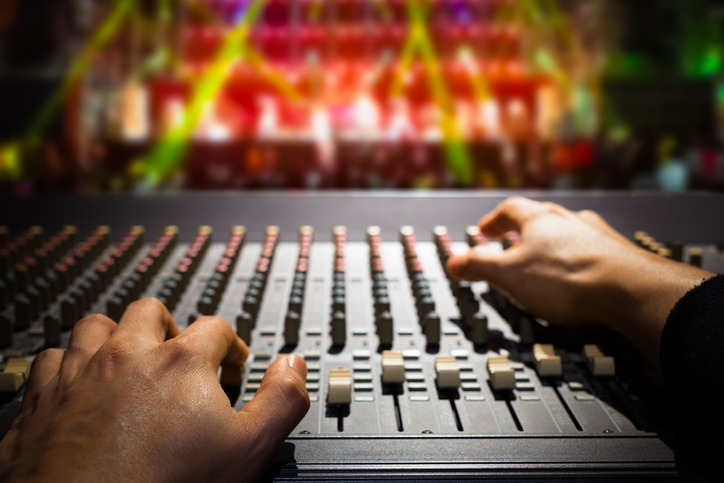If you’ve ever heard a well-known song in a movie, it (probably) signifies that the music was permitted to be used in that particular film. This also holds when music is featured in a video game, commercial, television program, or other visual media. You can guarantee there are a lot of licenses held and royalties being paid given how many songs appear in movies.
What, though, is music licensing? And how do the various kinds of music licenses differ from one another? From gore music to any other sort of music, licensing is required.
Master license
You are probably extremely aware of the idea of studios, artists, and companies that handle music licensing holding authority over a master recording, sometimes known as a “master.” The owner of the song’s rights, which may be the artist or record label, is frequently granted a master’s license.
If you have a master’s license, you are permitted to use an original master recording in both a musical compilation album and a piece of visual art. The very next sort of license is covered by the precise cap on what a master license can do for you.
Synchronization license
One of the most popular types of music licensing for videos is a synchronization license. It allows you to incorporate a song’s original recording or a re-recorded version into a piece of visual art.
A synchronization license (sync) allows you to use a re-recorded (or cover) version of the song you have the rights to, which is the primary distinction between it and a master license. This would imply that all of those movie trailers that feature slowed-down renditions of well-known songs would need to obtain a synchronization license.
This also holds if you want to learn how to make music videos without having to worry about lawyers showing up at your home.
Mechanical license
The majority of filmmakers won’t have to worry about this, but if you employ music in your films the way Quentin Tarantino does, you’ve probably dealt with securing a mechanical license. This entails including licensed music on a product that has been copied, such as a CD or other format that enables listening to a licensed track apart from a visual medium.
You frequently have to deal with copyright holders and music licensing businesses to make this happen.
You will also want this special permission if you intend to record your version of a song. A mechanical license is required, for instance, if you are releasing an album and want to be able to cover a song for distribution (such as selling).
Public performance license
This could be the most typical type of music license that isn’t related to filmmaking (at least not explicitly). It would theoretically be an example of a performance license in use if you have ever gone to a car dealership, convention, meeting, or perhaps even a fair and heard licensed music being played.
A performance license is necessary if you intend to perform your music in front of a general audience. If you’re making a movie, it might not be essential, but there’s a chance you’ll be shooting somewhere where “performance” music is being played. Although this can frequently be avoided with audio mixing, it never hurts to be safe.

